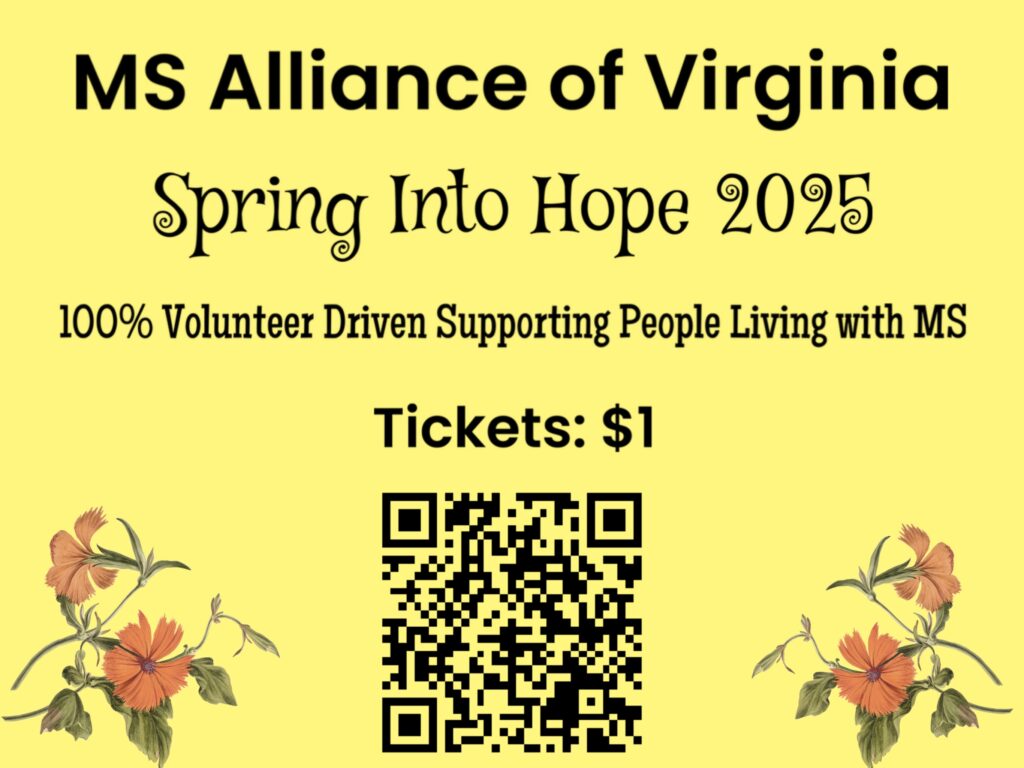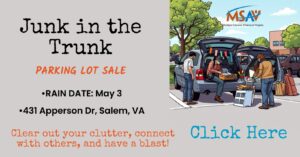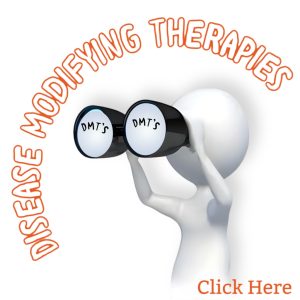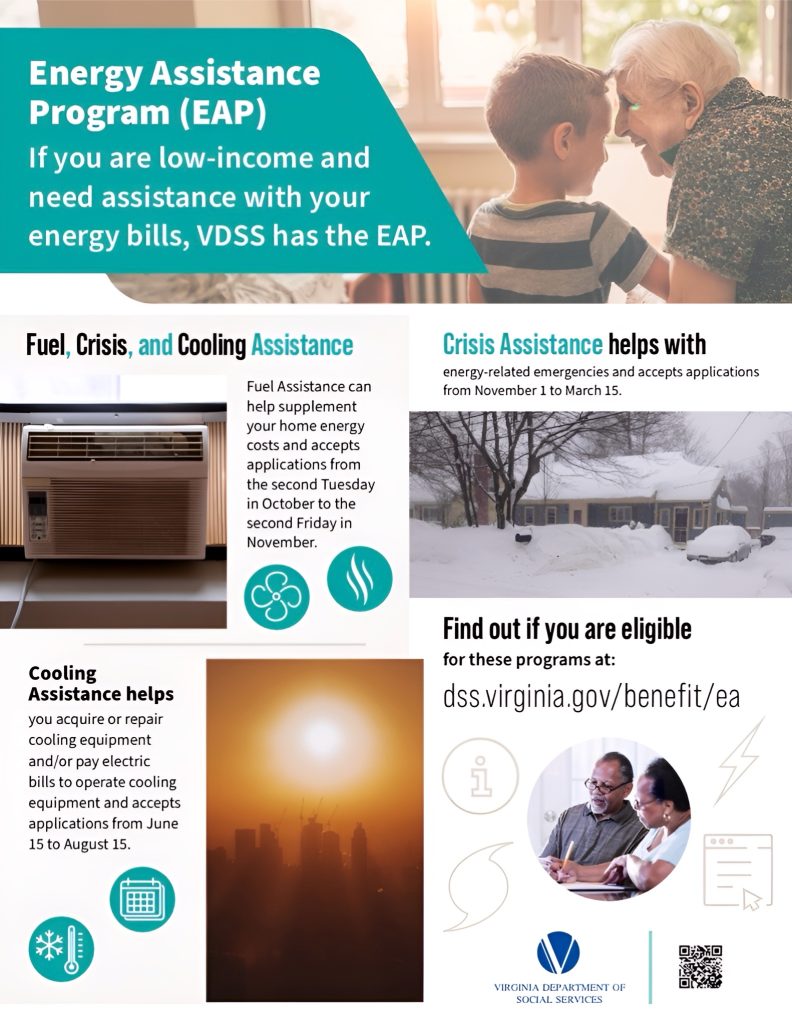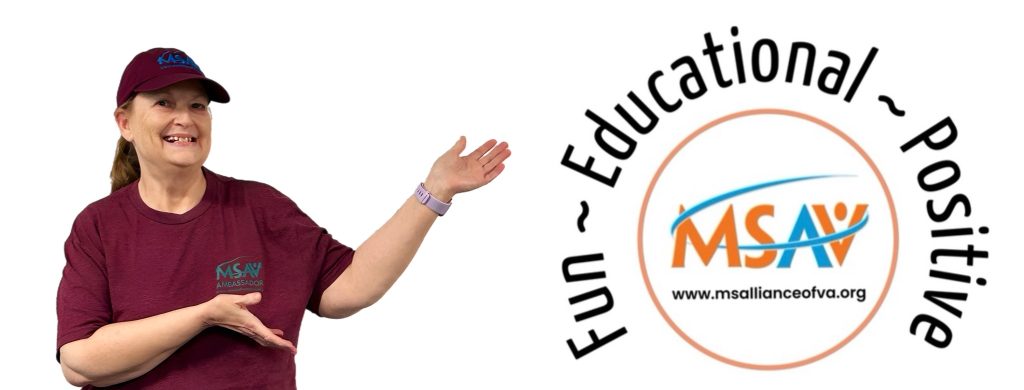
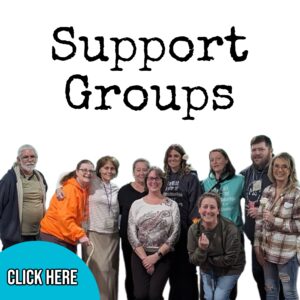
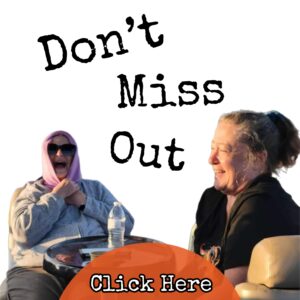
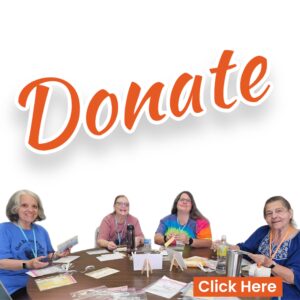

Your FAQs, Answered: Does Stress Affect MS? 4 More Questions
Everyone can relate to feeling stressed from time to time. It’s part of being a human. Stress is a normal response when there’s a perceived threat to survival or your way of life. Though your body’s natural response to stress — wanting to run away from it or fight it...
FDA Approves Reintroduced Cortrophin Gel for MS Exacerbations
The injectable ACTH gel medication Cortrophin Gel (repository corticotropin injection), first introduced in the U.S. in the 1950s, will now be relaunched as a treatment for acute flare-ups in multiple sclerosis (MS) and other autoimmune conditions, following its...
Your Everyday Guide to Living Well With Multiple Sclerosis
If you have multiple sclerosis (MS) or know someone who does, you know that a big piece of living with the condition is the heightened uncertainty of what each day may bring; the ups and downs of the condition are well beyond what most healthy people can understand....
MS Fatigue: 9 Tips to Help You Feel Better
A Common Symptom Almost everyone who has multiple sclerosis (MS) also has fatigue. According to the National Multiple Sclerosis Society (NMSS), around 80 percent of those diagnosed with the condition will experience fatigue at some point during the course of the...
How to Keep Walking With MS-Related Foot Drop
Some people with multiple sclerosis develop foot drop (sometimes called “drop foot”), a weakness in the ankle and foot muscles that makes it hard to flex the ankle and walk with a normal heel-toe pattern, according to the National Multiple Sclerosis Society (NMSS)....
The Virginia Energy Assistance Program (EAP) assists low-income households in meeting their immediate home energy needs. The EAP consists of four components: Fuel Assistance, Crisis Assistance, Cooling Assistance and Weatherization Assistance. Click on the flyer for more information.
Our Mission Statement
Provide programs, events, activities and services for people living with MS in Southwest Virginia and the surrounding areas, including veterans.
Educate and empower people with MS, their care partners, friends and family. We will guide people to organizations that may be able to assist with their needs.
Contribute to awareness in the community, including educational programs to young people, first responders and community organizations.
Encourage and expand support groups to include assisted-living facilities, homebound people and help others start upbeat groups like ours.

